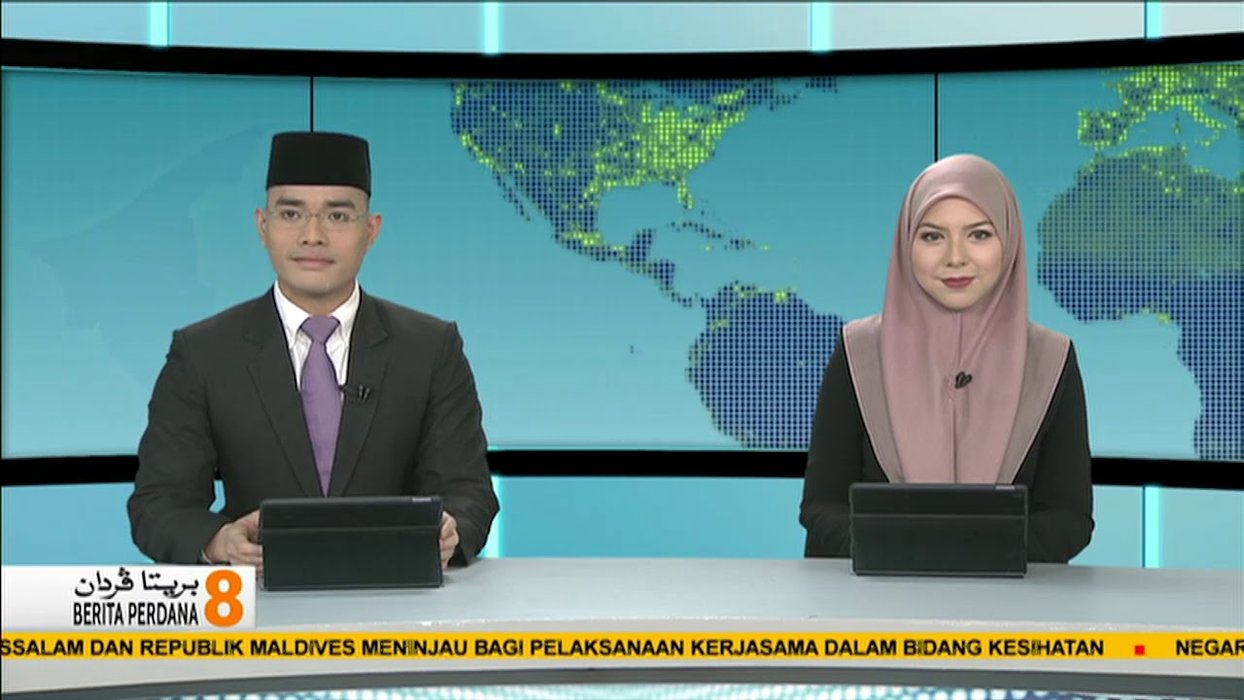
The state of civic space in Brunei is rated as ‘repressed’ by the CIVICUS Monitor and there has been no documented progress on improvements to fundamental freedoms. Brunei is an absolute monarchy in which the Sultan, the head of state, exercises executive power and in which there are no elected representatives at national level. The Sultan continues to wield power under a long-standing state of emergency imposed in 1984.
There are no provisions protecting freedom of speech in the constitution or laws. Long-standing emergency powers are used to restrict the right to assembly. According to the Public Order Act, police may disband an unofficial assembly of five or more persons deemed likely to cause a disturbance of the peace. The law does not provide for freedom of association and there are no human rights groups in the country. A few domestic organisations work on humanitarian issues, such as assistance for victims of domestic violence or provision of free legal counsel.
Expression
Press freedom remains severely restricted
Brunei was ranked in 142nd place out of 180 countries in the Reporters Without Borders (RSF) 2023 Press Freedom Index published in May 2023.
According to RSF, press freedom is ‘virtually non-existent’ and self-censorship is the rule for journalists working for state-owned Radio Television Brunei and for the leading daily newspapers, which are directly owned by the Sultan’s family.
Publishing any content that undermines the ‘prominence of the national philosophy’ is punishable by three years in prison under the sedition law. Journalists face five years in prison for a post or article deemed to be “malicious”. The new penal code, adopted in 2019, provides for the death penalty for any statement or publication deemed to be blasphemous or to have advocated apostasy.
RSF said that the authorities can shut down media outlets that ‘cross forbidden lines’ without giving any reason, while bloggers who want to post content of an independent nature risk being prosecuted for defamation.
Censorship of religious materials and performances
In May 2023, the US released its International Religious Freedom report where it found, among other concerns, that the authorities generally continued to ban the import of non-Islamic religious texts, and the censorship board continued to review Islamic texts to ensure they did not contain text that deviated from the Shafi’i school of Islam.
All public musical, cinematic or theatrical performances require prior approval by a censorship board composed of officials from the Prime Minister’s Office, the Ministry of Home Affairs and the Ministry of Religious Affairs (MORA). In a meeting with the censorship board, MORA officials reported that performances would be censored for content that was derogatory to Islam.
Cinema owners practised self-censorship and chose not to attempt showing movies that might be considered objectionable.